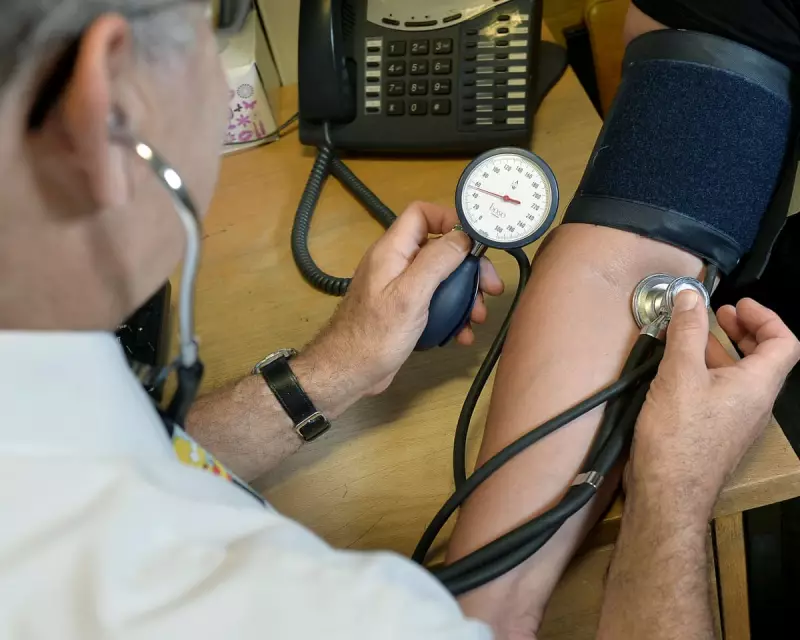
A quiet but devastating crisis is unfolding in GP surgeries across England, as family doctors are reducing their working hours or leaving the profession altogether, according to a major investigation.
The exodus is driven by unsustainable workloads, immense pressure, and a sense of being undervalued, creating a perfect storm that threatens the very foundation of primary care. Patients are facing increasingly longer waits for appointments as the number of full-time equivalent GPs fails to keep pace with rising demand.
The Breaking Point
Interviews with dozens of healthcare professionals paint a picture of a system at breaking point. Many GPs report working far beyond their contracted hours, managing complex cases with dwindling resources. The emotional toll and risk of burnout are frequently cited as primary reasons for cutting back.
"I went from five days a week to three, and even that feels overwhelming," said one GP from the Midlands, who wished to remain anonymous. "The paperwork is endless, the patient list keeps growing, and the responsibility is immense. Something had to give."
A Nationwide Pattern
This trend is not isolated to any single region. From rural practices in the South West to urban clinics in London and the North, the story is the same: a workforce that is shrinking, either through reduced hours or complete departure from the NHS.
The data suggests a significant shift towards part-time work, with many experienced GPs choosing early retirement over continuing under the current strain. This has led to a dangerous gap in experience and continuity of care for patients.
The Impact on Patient Care
The most direct consequence of this shortage is felt by patients. Appointment waits have lengthened dramatically, with many struggling to see a doctor for weeks. This often leads to conditions worsening, adding more pressure to already stretched A&E departments.
Practice nurses and other healthcare staff are being asked to take on more clinical responsibilities, but they too are operating under significant constraints. The overall quality and accessibility of primary care are declining, raising serious concerns about public health outcomes.
A Call for Action
Medical unions and industry bodies are sounding the alarm, urging the government to address the recruitment and retention crisis with a concrete plan. They argue that without making the profession more sustainable and attractive, the situation will only deteriorate further.
Proposed solutions include cutting bureaucratic red tape, increasing funding for practices, and implementing stronger support systems to protect the mental wellbeing of healthcare staff. The future of England's beloved NHS may depend on it.





